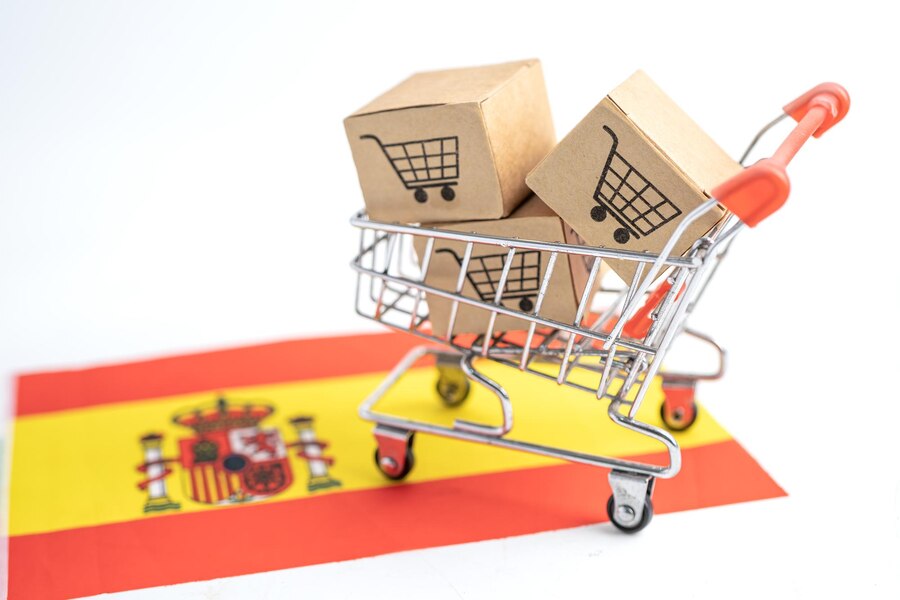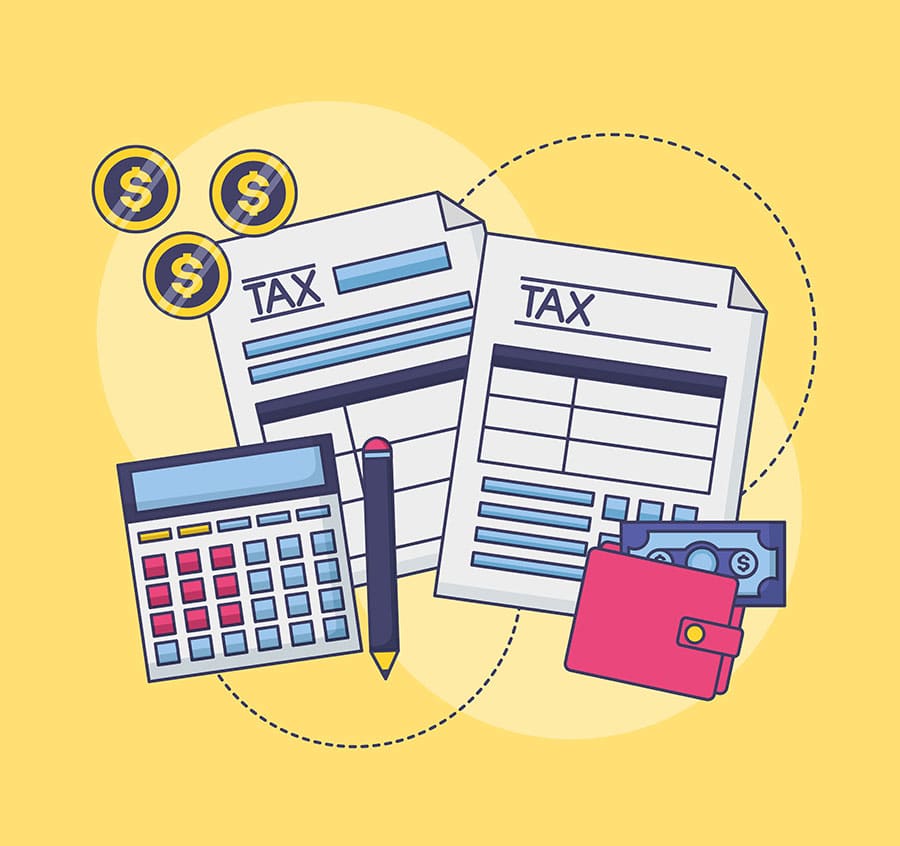Foreign tourists in Europe who pay VAT on purchases can apply for a tax refund. This is supposed to function as a consumer purchase incentive, boosting domestic economies. However, considering the antiquated application process and the exiguous results for the consumer, it is hard to believe that it serves its purpose.

Tourists must verify claim forms and invoices at the airport before leaving the country. Even after doing this, the refund paid out weeks later is only partial because the main VAT refund operators retain a high and often hidden service charge on each refund they process. They also compete to gain market share by paying a percentage of the travellers’ refunds to retailers, unbeknownst to the consumer who receives even less.
To compound this business model of debatable viability, when international tourism ground to a halt during the pandemic, the existing rebate operators’ revenue disappeared.
Last year, Ike Brannon wrote a great piece in Forbes about the extent of the issue. However, new refund operators are now emerging, proposing faster and cheaper app-based application processes. They are also working with tax authorities to create a more efficient process, making it easier for consumers and retailers alike. If the VAT refund system is to survive the pandemic and be of any real value for national economies, now is the time to reform it.





